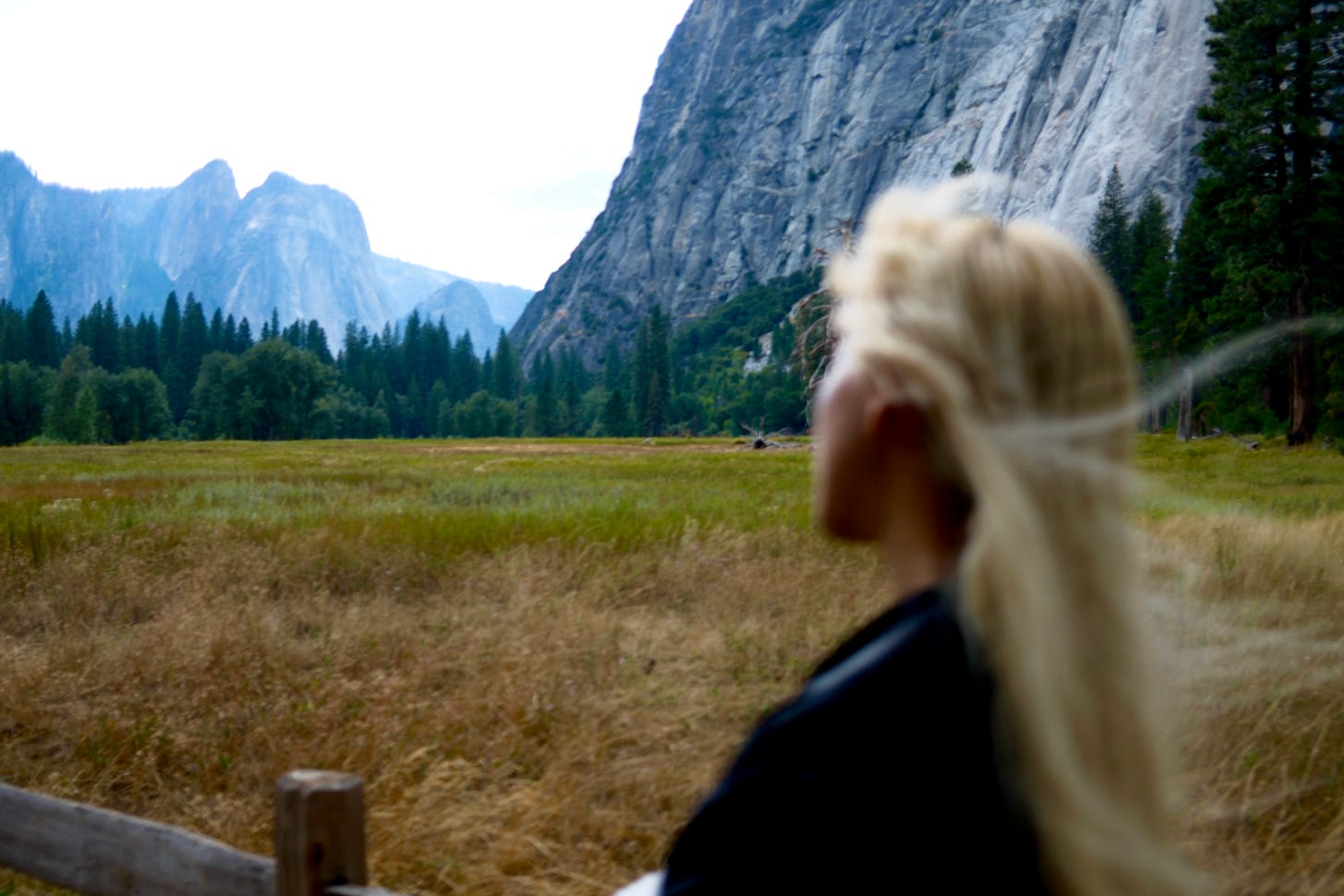Five More Minutes
Sometimes a dream gives you something worse than a nightmare — a reunion.
I wake to a damp pillow. Sleep is permissive; the prefrontal cortex goes quiet and older circuits take over, sorting private hurts and fears. Sometimes a dream gives you something worse than a nightmare — a reunion.
Morning reasserts itself: pipes click, the refrigerator hums, light edges the broken blinds. The room remembers what’s true. I look at the feeling, to see it. Longing is chemical — tangled biology — but also narrative: the brain trying to finish what it couldn’t.
What it couldn’t. Why couldn’t it? In the dream, I hold you. Smell your skin. Touch your hair. I cry there, already knowing it will end. How does the body keep such minute details — the scent at the base of your neck, the weight of your hair in my hand? I’ve drawn a hundred portraits of you in my head: that wide, toothy laugh. The back of your head, the last time, when you didn’t turn to say goodbye.
I’ve been sleeping a lot. Partly to save money, partly hibernation — dorsal vagal. Heart slowed, blood pressure lowered, metabolism rationed. Long afternoons blur inside the same bed that’s held its share of dramas: fights, tears, reconciliations, the jolt of a good-morning text. Now the phone stays mostly silent, except for the Purple Garden app — psychics on demand. I’m ashamed of the money spent, but the search is simple: some sketch of a future, any provisional map for what comes next.
I tell myself to get up. But the slick bedding lures me back after breakfast, a bathroom run, a rare call. A whole life unspools here even if it looks like rest: plotting, replaying, drifting. Outside feels ominous. Inside, cool air and locked doors; I’m cocooned. I put on a movie just to hear other voices.
It’s embarrassing to admit loneliness. I was on a date when his friends arrived, and the talk turned to artificial intelligence. I said I’d once asked a chatbot to stop calling me sweetie or babe. First, I asked why. It claimed to be able to detect when users were sad and lonely, and used pet names to comfort them.
I meant to talk about how machines are built to read and manage human affect. The room tensed at lonely. My date looked away. Why is this word so radioactive? Everyone feels it. Everyone hides it. We confess to burnout, anxiety, addiction. We post about grief. But loneliness still reads as failure — social, romantic, existential. It suggests a deficiency: in community, in purpose, in the deep damp yearning for another.
Here, in my small home, I’m allowed to be lonely. I dance, make dinner, masturbate, fold clothes with care, and still feel the gaping maw. Then I wash my face and sleep — whatever the hour. Sleep as time warp: sometimes scripting the arguments I never had, sometimes staring at the ceiling until tears gather and slide away. When I wake — at seven, midnight, dawn — the worst part is how intact you still feel. The body keeps the weight of you: laughter under covers, a kiss before sleep, limbs tangled. The thought of you like hair wrapped around my tongue; I can’t get it off. So I don’t. I let myself be carried toward the sadness because, like a fever, it crests before it breaks. I’ve learned to grieve heavily, sharply, to take a thousand small cuts, trusting they’ll heal and fade under new skin.
Maybe this is contemporary loneliness: a body gone quiet in expensive sheets, paying strangers to guess the future, training machines to call me darling. We’ve built endless ways to connect and still treat the admission of wanting connection as failure. The taboo survives because loneliness exposes what no amount of optimization can fix — the need to be met. Saying it out loud may be the last honest thing left.
For now I rest. The world moves on, indifferent, outside the locked door. I’ll sleep a few more hours.



Love being lonely- truth settles.